Unraveling the Complexity of Overlapping Behaviors
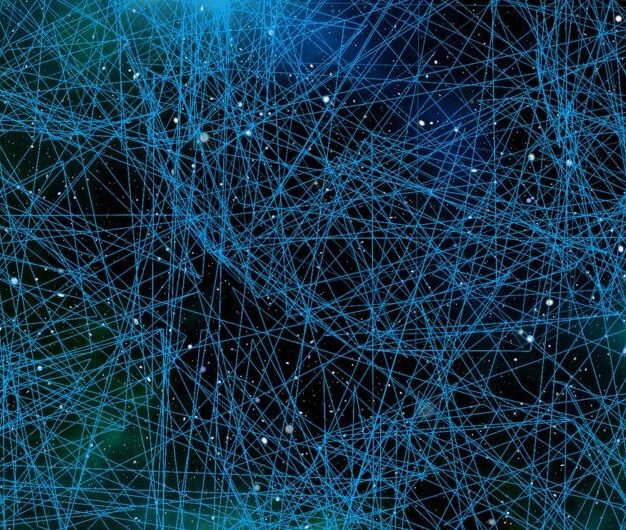
What is Autism with OCD?
Autism Spectrum Disorder (ASD) and Obsessive-Compulsive Disorder (OCD) are distinct neurodevelopmental conditions that can co-occur in some individuals. Recent research suggests that up to 17% of autistic individuals also meet criteria for OCD. When someone has both autism and OCD, it creates a unique neurological profile that we’ll refer to as autism-OCD.
The Diagnostic Evolution of Autism-OCD
Historically, the repetitive behaviors seen in autism were often mistaken for OCD symptoms, leading to potential misdiagnosis or incomplete treatment. The DSM-5 now recognizes that these conditions can coexist, allowing for more nuanced diagnosis and treatment approaches. This shift reflects a growing understanding of the diverse ways neurodevelopmental differences can manifest.
The Neurological Complexity of Autism-OCD
Brain imaging studies have shown that both autism and OCD involve alterations in cortico-striatal-thalamo-cortical (CSTC) circuits. However, the specific patterns of these alterations can differ between the two conditions. In autism-OCD, these neurological differences interact in complex ways, creating unique cognitive and behavioral profiles.
The Push-Pull of Overlapping Behaviors
Living with autism-OCD often involves navigating seemingly contradictory needs and behaviors:
- Autistic individuals may engage in repetitive behaviors for self-regulation or enjoyment, while OCD compulsions are typically anxiety-driven
- The desire for sameness in autism can be amplified by OCD’s need for control and certainty
- Sensory sensitivities in autism may trigger or exacerbate OCD symptoms
These overlapping traits can result in:
- Difficulty distinguishing between autistic special interests and OCD obsessions
- Challenges in social situations due to both autism-related social differences and OCD-related rituals
- Increased anxiety and stress from trying to manage both sets of symptoms
Gender Differences in Presentation
Autism-OCD can manifest differently across genders:
- Girls and women with autism-OCD may be more likely to internalize their symptoms, leading to underdiagnosis
- Boys and men might display more externalized behaviors, potentially leading to earlier identification
- Masking or camouflaging behaviors in autism can complicate the recognition of OCD symptoms, particularly in women
Rethinking Treatment for Autism-OCD
Managing autism-OCD requires a tailored approach that respects autistic neurology while addressing OCD symptoms. Innovative treatments showing promise include:
- Somatic Experiencing (SE): This body-oriented approach can help individuals with autism-OCD regulate their nervous system and reduce anxiety. SE techniques can be adapted to accommodate sensory sensitivities and promote self-regulation.
- Lifespan Integration (LI): LI can be particularly beneficial for individuals with autism-OCD who have experienced trauma or have difficulty integrating their experiences. This gentle approach can help create a more coherent sense of self and reduce anxiety-driven behaviors.
- Brainspotting: This therapy can be effective in addressing the underlying neural patterns contributing to both autistic and OCD traits. By focusing on specific eye positions, brainspotting can help process and resolve emotional distress that may be fueling compulsive behaviors.
- qEEG Brain Mapping: This non-invasive assessment tool can provide valuable insights into the specific brain activity patterns of individuals with autism-OCD. The resulting data can guide personalized treatment plans, including neurofeedback interventions to address both autism-related and OCD-related neural patterns.
These approaches, combined with traditional interventions like Cognitive Behavioral Therapy (CBT) and Exposure and Response Prevention (ERP), can provide a comprehensive treatment plan for autism-OCD.
The Strengths of an Autism-OCD Mind
While challenging, this neurological combination can also confer unique strengths:
- Exceptional attention to detail and pattern recognition
- Strong adherence to moral and ethical principles
- Ability to deeply focus on areas of interest, potentially leading to expertise
- Heightened awareness of one’s internal states and experiences
Embracing the Autism-OCD Experience
Understanding autism-OCD as a distinct neurotype is crucial for proper support and self-acceptance. It requires appreciating the complex interplay between autistic traits and OCD symptoms, rather than viewing them as entirely separate entities.
For those living with autism-OCD, developing personalized coping strategies is key. This might involve:
- Creating structured routines that provide comfort without becoming rigid compulsions
- Using visual aids to distinguish between helpful and harmful repetitive behaviors
- Building a support network that understands both autism and OCD
- Engaging in autistic-friendly mindfulness practices to manage anxiety
With the right combination of professional support, self-management strategies, and self-compassion, individuals with autism-OCD can lead fulfilling lives that honor the complexity of their neurological makeup.
If you relate to the experiences described in this article, consider seeking an assessment from a mental health professional experienced in both autism and OCD. Remember that your experiences are valid, and support is available to help you navigate this unique neurotype.
Resources to ADHD Comorbid with Other Disorders
Taproot Therapy Collective (Birmingham, AL)
- Treatments: Brainspotting, EMDR, Somatic Experiencing, Lifespan Integration, Parts-Based Therapy, Trauma Mapping.
- Specialties: Specializes in trauma therapy, PTSD, anxiety, panic, and dissociative disorders. Their therapists use integrative methods to help clients heal from trauma at a deep, somatic level.
- Website: gettherapybirmingham.com
1. Crisis Center Birmingham (24/7 Crisis Line)
- Phone: (205) 323-7777
Provides immediate support for individuals in emotional distress, including suicide prevention, trauma, and mental health crises. - Website: crisiscenterbham.org
2. Rape Response Line (Crisis Center Birmingham)
- Phone: (205) 323-7273
Dedicated to providing support for survivors of sexual assault, available 24/7. - Website: crisiscenterbham.org/rape-response
3. Teen Link (Crisis Center Birmingham)
- Phone: (205) 328-5465
Teen-specific support line for youth in emotional or mental distress. - Website: crisiscenterbham.org
4. National Suicide Prevention Lifeline (Serving Alabama)
- Phone: 988
A national 24/7 suicide prevention hotline accessible to individuals in Birmingham and the rest of Alabama. - Website: 988lifeline.org
5. UAB Psychiatry Emergency Services
- Phone: (205) 934-7008
Provides immediate psychiatric evaluation and crisis intervention at the University of Alabama at Birmingham Hospital. - Website: uabmedicine.org
6. Alabama Domestic Violence Hotline
- Phone: 1-800-650-6522
24/7 support for individuals experiencing domestic violence, available statewide, including Birmingham. - Website: acadv.org
7. Birmingham AIDS Outreach Crisis Line
- Phone: (205) 322-4197
Provides crisis support for individuals affected by HIV/AIDS, including mental health services and support for LGBTQ+ communities. - Website: birminghamaidsoutreach.org
8. Alabama 2-1-1 Call Center
- Phone: 2-1-1
A statewide information and referral line connecting individuals to crisis support services for housing, food, mental health, and substance abuse issues. - Website: 211connectsalabama.org
9. Jefferson County Family Resource Center Crisis Line
- Phone: (205) 945-6000
Provides crisis intervention, including family support, domestic violence resources, and mental health services. - Website: jcfrc.org
10. Veterans Crisis Line (Serving Birmingham)
- Phone: 988 (Press 1)
A specialized crisis line for veterans experiencing emotional distress, available nationwide and locally. - Website: veteranscrisisline.net
- Phone: (205) 323-7777
LGBTQ+ and Poly-Friendly Support
Magic City Acceptance Center (MCAC)
LGBTQ+ youth programs, adult support groups, and community events in Birmingham.
Website: mcacbham.org
Birmingham LGBTQ+ Circle of Healing
Support groups for LGBTQ+ individuals focusing on mental health and holistic wellness.
Contact through Magic City Acceptance Center.
Inclusive Therapists
Directory of therapists in Birmingham and Hoover specializing in LGBTQ+ and poly-friendly care.
Website: inclusivetherapists.com
PFLAG Birmingham
LGBTQ+ support groups for families and friends of LGBTQ+ individuals, offering mental health and advocacy resources.
Website: pflaga.org/birmingham
Steel City Spectrum
Provides support and resources for the transgender and gender-nonconforming communities in Birmingham.
Website: steelcityspectrum.org
Free & Low-Cost Therapy and Counseling
Impact Family Counseling (Birmingham, AL)
Provides sliding-scale counseling services for trauma, anxiety, depression, and family therapy.
Website: impactal.org
Firehouse Shelter (Birmingham, AL)
Offers mental health services and crisis support for homeless individuals in the Birmingham area.
Website: firehouseshelter.com
Pathways Birmingham
Women’s shelter offering mental health and trauma support for homeless women and children.
Website: pathwayshome.org
United Way of Central Alabama
Offers access to free or low-cost mental health counseling and crisis intervention through partnerships.
Website: uwca.org
BridgeWays Alabama
Offers family and youth counseling, including trauma recovery, on a sliding fee scale.
Website: bridgewaysalabama.org
Holistic & Alternative Therapy Centers
Taproot Therapy Collective (Birmingham, AL)
Offers holistic mental health services like Brainspotting, EMDR, and somatic trauma therapies.
Website: gettherapybirmingham.com
Birmingham Wellness Institute
Focuses on alternative healing practices such as yoga therapy, mindfulness, and EMDR.
Website: bhamwellness.com
Sojourn Counseling (Hoover, AL)
Provides integrative counseling with a focus on EMDR, trauma work, and mindfulness.
Website: sojourncounseling.com
Red Mountain Therapeutics (Birmingham, AL)
Offers somatic therapies, acupuncture, and integrative emotional healing for trauma recovery.
Website: redmountaintherapeutics.com
Shanti Healing Arts Center (Birmingham, AL)
Focuses on trauma-sensitive yoga, meditation, and holistic therapies for emotional and mental health.
Website: shantihealingarts.com
Lifespan Integration & Trauma Mapping
Birmingham Counseling Associates
Provides Lifespan Integration therapy for complex trauma and PTSD.
Website: bhamcounseling.com
Lifeline Counseling (Hoover, AL)
Trauma-informed care specializing in Lifespan Integration and Somatic Trauma Mapping.
Website: lifelinehoover.com
River Oaks Counseling
Offers Lifespan Integration and other trauma-focused therapies for PTSD and dissociation.
Website: riveroakscounseling.com
Emotional Wellness Counseling
Provides Lifespan Integration therapy and somatic trauma work.
Website: emotionalwellnesshoover.com
qEEG Brainmapping and Neurofeedback Resources
Focus-MD Birmingham
Specializes in ADHD treatment and qEEG brain mapping for neurodevelopmental disorders.
Website: focus-md.com
Birmingham Neurofeedback Clinic
Provides qEEG brain mapping and neurofeedback for trauma, anxiety, and ADHD.
Website: birminghamneurofeedback.com
Alabama Neurofeedback
Offers qEEG brain mapping and neurofeedback to improve brain function and emotional regulation.
Website: alneurofeedback.com
Covenant Neuropsychology
qEEG brain mapping services for trauma-related symptoms and neurological issues.
Website: covenantneuro.com
Psych Wellness South (Hoover, AL)
qEEG and neurofeedback services to treat anxiety, ADHD, and trauma.
Website: psychwellnesssouth.com
Poly-Friendly & Non-Monogamy Support
Inclusive Therapists
Directory for poly-friendly and non-monogamy affirming therapists in the Birmingham and Hoover areas.
Website: inclusivetherapists.com
Birmingham LGBTQ Circle of Healing
Offers support for polyamorous and non-monogamous relationships.
Contact through Magic City Acceptance Center.
Alabama Polyamory Network
A supportive community providing mental health resources for polyamorous individuals.
Contact via Meetup: meetup.com/polybirmingham
New Hope Counseling
Poly-friendly therapy services, offering support for non-traditional relationships.
Website: newhopecounselingbham.com
Open Counseling Birmingham
Provides mental health counseling for those in polyamorous or open relationships.
Website: opencounseling.com
Youth & Family Services
Oasis Counseling for Women and Children
Provides trauma therapy, parenting support, and family counseling.
Website: oasiscounseling.org
Children’s Aid Society of Alabama (Birmingham)
Family and individual counseling, including trauma services for children.
Website: childrensaid.org
Aletheia House
Mental health and substance abuse services for families, including trauma recovery programs.
Website: aletheiahouse.org
Big Brothers Big Sisters of Greater Birmingham
Offers mentorship and emotional support for at-risk youth.
Website: bbbsbhm.org
The Exceptional Foundation
Provides support for children and adults with special needs, including mental health resources.
Website: exceptionalfoundation.org

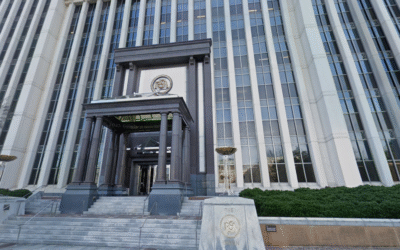
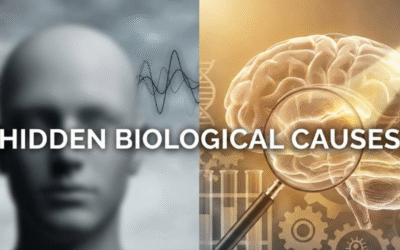
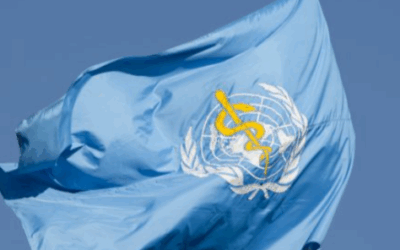
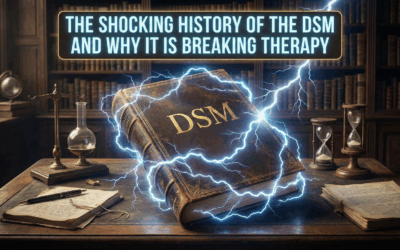
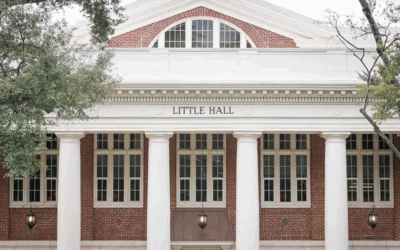
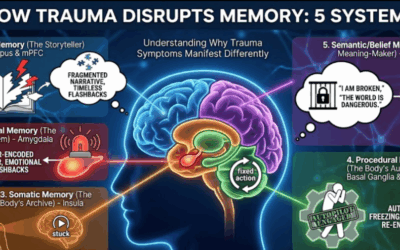
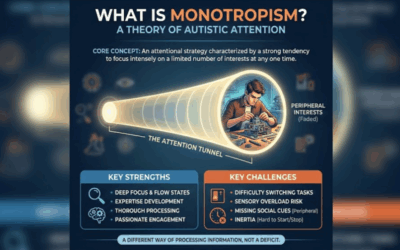

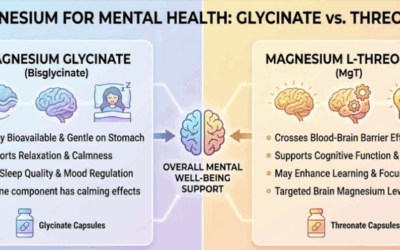



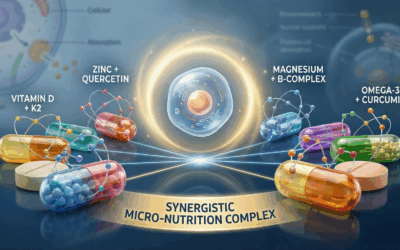
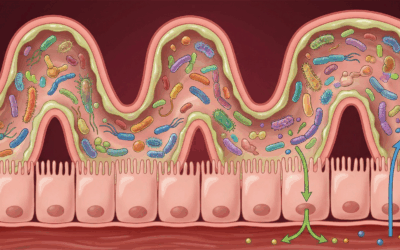
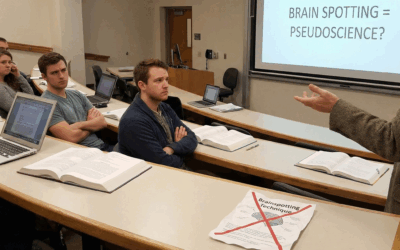
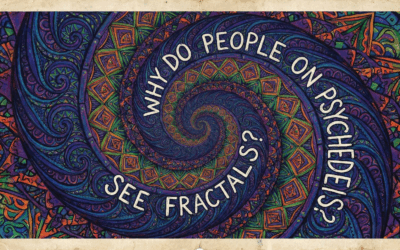

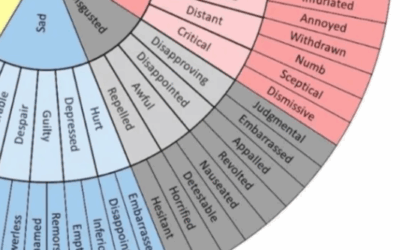
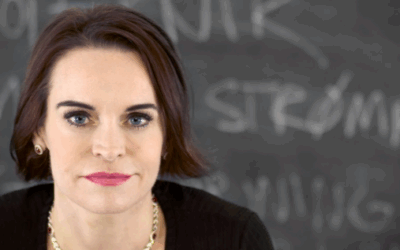
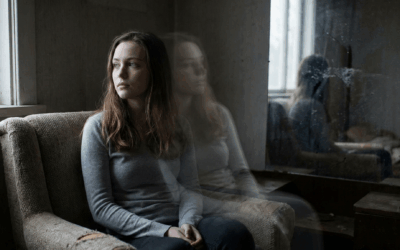
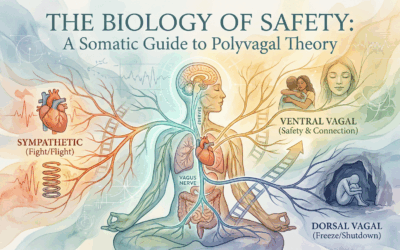

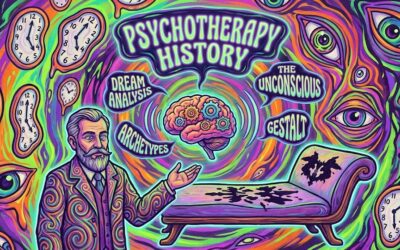
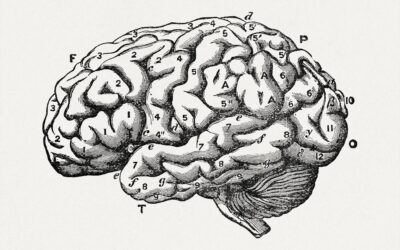
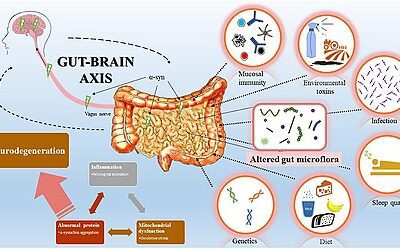
0 Comments